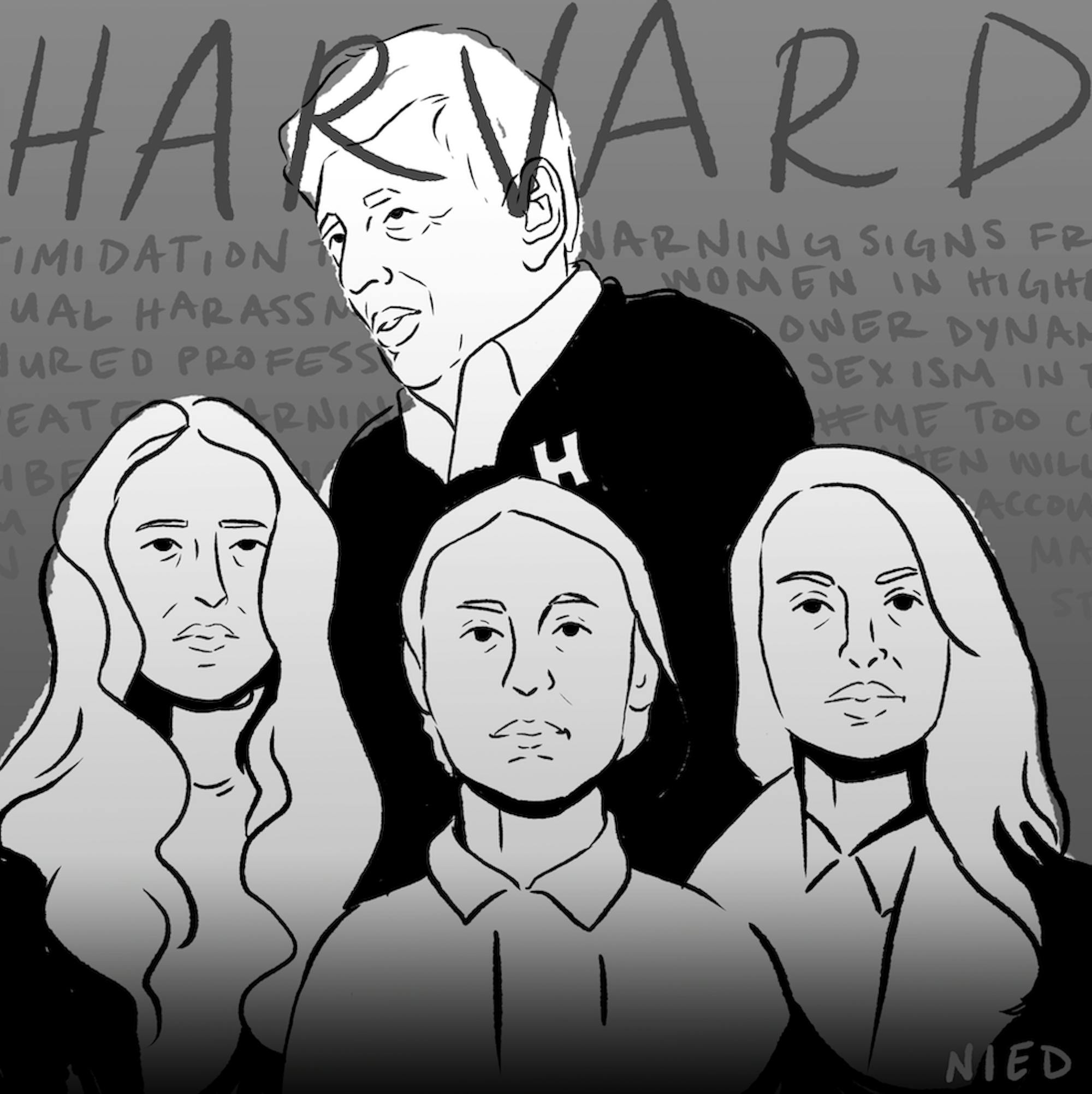Three Harvard graduate students last month filed a criminal complaint against the prestigious Boston-area university, claiming it mishandled sexual misconduct accusations brought forth against the long-standing anthropology professor John Comaroff.
After Harvard’s student newspaper, The Crimson, publishedallegations of misconduct against Comaroff in May 2020, the university placed him on paid leave. Later, the school placed Comaroff on unpaid leave, prohibiting him from teaching required courses the next academic year, after a pair of university-led investigations found the professor liable for verbal sexual misconduct against his students.
Meanwhile, 38 faculty members at Harvard signed an open letter that used Comaroff’s prestige as an attempt to excuse his actions. The letter, which questioned the credibility of the university’s investigation and the female graduate students’ accusations, was signed by some very renowned and powerful professors at Harvard, including former Dean of Harvard College Evelynn Hammonds and five highly esteemed university professors. The message was met with aresponse letter signed by 73 faculty members, published in the Crimson last month.
However, after the lawsuit against Comaroff was filed last month, 35 professorsretracted their support in a letter titled “We Retract.” They claimed to have signed the letter with insufficient information and said they took issue only with what they said was a lack of transparency in the process. “We failed to appreciate the impact that this would have on our students,” the faculty members wrote in the retraction letter.
The accusations against Comaroff have been floating around for years now. What’s even more infuriating is that the graduate students’ careers were threatened for speaking out. Opportunities in today’s competitive world are more valuable than ever before. Sadly, the faculty at higher education institutions have a tremendous influence on their students’ futures out of college. Despite the support of some faculty, the demonstration of those 38 professors showed a profound lack of support for victims of this system. This abuse of power, especially to assert control over women, contributes to gender discrimination and unequal opportunities. This lawsuit rightfully challenges this imbalance of power commonly seen in the cases filed under Title IX — the federal education law that prohibits gender discrimination.
This is also not the first time such drastic steps needed to be taken. In 2019, Dartmouth reached a $14 million settlement in a sexual assault lawsuit brought by nine women against three professors. In 2017, a Columbia professor retired as part of a sexual harassment lawsuit settlement. Women have been continually denied sufficient support from their universities and have been forced to resort to the legal system to protect their opportunities and well-being. In each circumstance, academia’s male-biased dominance shows itself more and more. Yet, change has not occurred because schools continue to place value on preserving their reputation over addressing systemic issues like sexual misconduct.
The lawsuit details anonymous allegations of Comaroff’s inappropriate past behavior during his time at the University of Chicago, suggesting that the University of Chicago faculty warned Harvard of this “decades-long pattern of harassment and retaliation” prior to his hiring in 2012, yet the university proceeded to employ him regardless.
This incident is a part of a national problem observed in the higher education sector, which is described as “pass the harasser.” This phrase describes a phenomenon in which faculty members accused of harassment quietly leave, only to be hired by other institutions, costing students their safety and futures. The sooner this pattern is broken, the safer students will feel putting their trust in faculty that have influence over their futures.
Addressing this problem has become inevitable. With rising complaints, lawsuits and campaigns, universities must establish better procedures to rid themselves of ill-intentioned professors. In the event of a similar complaint from a student, universities should have policies in place that would free them from any authority the accused professor may have over the student until a conclusive investigation has been carried out.
Additionally, the tenure system also burdens universities to protect the guilty in order to protect themselves. Therefore, universities should have policies against that conflict of interest. The University of California, Davis, for example, implemented a policy to only consider candidates for tenured positions if they waived their privacy, allowing past employers to share any history of harassment.
Susan Fortney, a law professor at Texas A&M University, believes that universities should be required to incorporate screening for misconduct, by an agency like the Department of Education, into the accreditation process when hiring new faculty. This would make schools more responsible while hiring since they could be held accountable if a past offender repeats their actions.
Harvard’s alleged ignorance toward this prolonged issue of harassment is disheartening. Students’ well-being and success will always be reflected in the success of an institution, and universities must hold themselves and their faculty accountable for upholding these values as a foremost priority.
Correction: A previous version of this article contained a typo that made Harvard's response to the sexual misconduct allegations against John Comaroff unclear. The article has been updated to reflect that Harvard first placed Comaroff on paid leave, then on unpaid leave. The Daily regrets this error.




